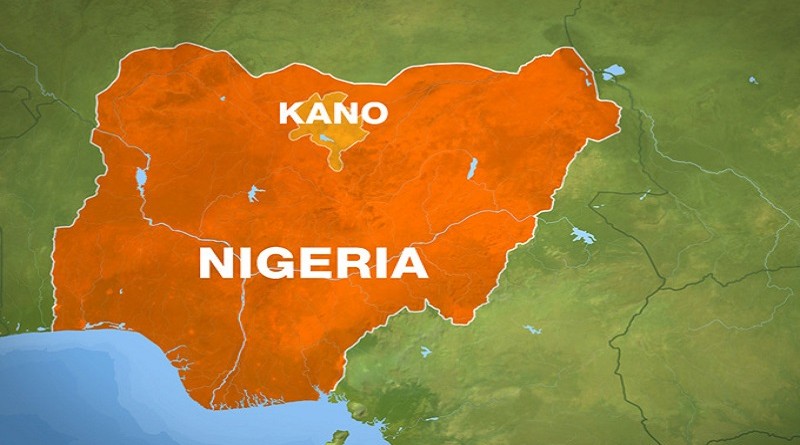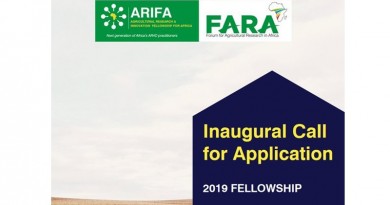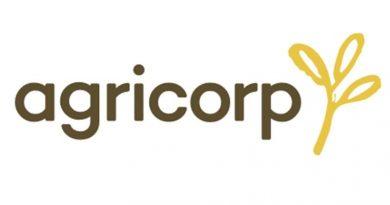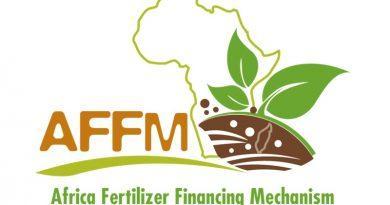Kano State gets a grain processing and innovation center (GPIC)
Bühler will provide the technology for this through its Grain Processing and Innovation Center (GPIC), which will open in Kano, northern Nigeria, in early 2024. The GPIC will assist local farmers in developing safe, cheap food. Nigeria and the rest of Sub-Saharan Africa rely significantly on wheat imports, particularly from Russia and Ukraine. Food sovereignty and security through local grain production are critical to the region’s future prosperity as the population grows.
The GPIC will provide technologies and solutions to help regional food processors manufacture healthy and inexpensive foods using native grains including sorghum, millet, maize, soybeans, groundnuts, pulses, and tuber crops like cassava. The GPIC, housed in a three-story facility spanning 480 m2, will serve to bridge the gap between the test bench and industrial-scale production without requiring substantial investments from businesses.
Its grain cleaning, optical sorting, dehulling, preparation, tempering, and milling divisions will assure process validation, optimize the manufacturing process, and serve as a hub for new product development.
“Bühler and our food processing partners understand this need and share the belief that empowering Africa begins with adding value to its natural resources in their country of origin,” says Ali Hmayed, Head of Bühler Nigeria’s Grain Processing and Innovation Center. Kano, located on the outskirts of the Sahara, serves as a trading and processing centre for agricultural commodities destined for West Africa. Many native grain types that are resistant to climate change are traded here. Because of their nutritional richness and ability to withstand climate-change-related challenges such as drought, heat, salt, and shorter growing seasons, local grains play an important role in addressing food security.
According to the World Health Organization (WHO), Nigeria, Africa’s largest economy, will be the world’s second most populated country after India by the end of this century. Nigeria will have a population of half a billion people by 2050, with a population of over 800 million by 2100. This rapid increase, driven by a high fertility rate, will put huge pressure on the price of available food as well as the already precarious social services and infrastructure.
The key factors in the hunt for a more efficient food supply are population increase, unstable supply chains, and an unsustainable model of grain import; the high cost of food and marketable commodities accounts for the majority of growing inflation in Sub-Saharan Africa.
As a result, the region is attempting to lessen its reliance on wheat imports, mainly from Russia and Ukraine, by increasing local grain production and processing. With the formation of the GPIC, Bühler is contributing its technological expertise to this objective.
The first step toward achieving sustained food security is for Nigeria to feed itself, followed by feeding the rest of Africa. “Achieving food sovereignty and security necessitates a strategy: Africa has 60% of the world’s uncultivated arable land, and Nigeria has the most arable land on the continent, with 34 million hectares.” “Nigeria must grow and process what it consumes,” Ali Hmayed adds.
At the moment, this is hampered by the fact that many food producers are unable to progress beyond the lab stage of new product development or may require clarification on the right techniques required to match local consumption with farm production – such as the most cost-effective hygiene and process requirements.
Nigeria has the ability to fulfill its food security goal since local grains are climate-adapted, high in vitamins and minerals, drought-tolerant, and require little agricultural input. “We know our customers want to collaborate with us on the development of safe, affordable food made from local grains to meet rising market demand,” says Iyore Amadasun, Sales & Channel Business Manager at Bühler Nigeria. “The GPIC demonstrates Bühler’s commitment to motivating and inspiring action.” We’re here Nigeria to help Nigeria.”




